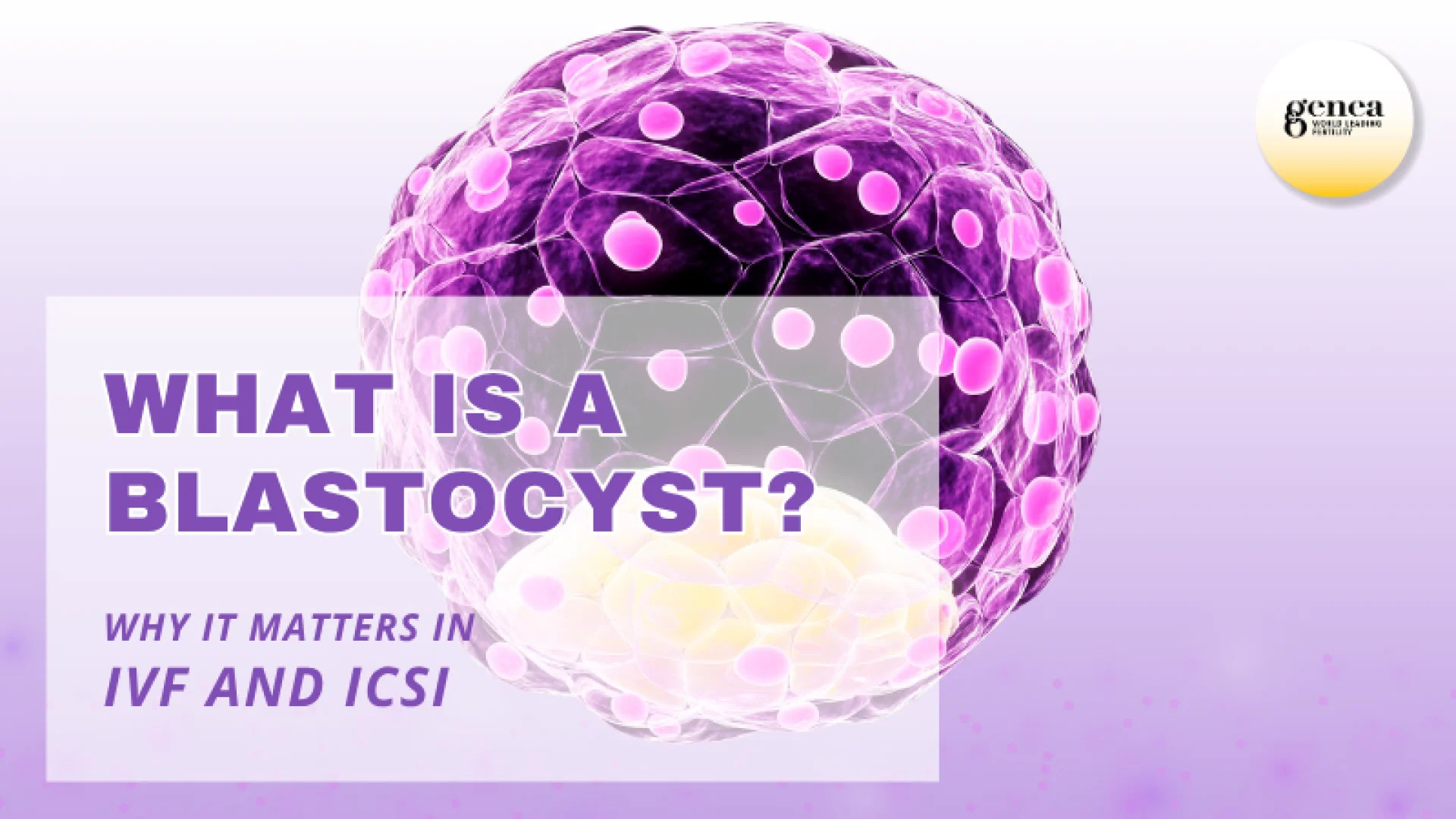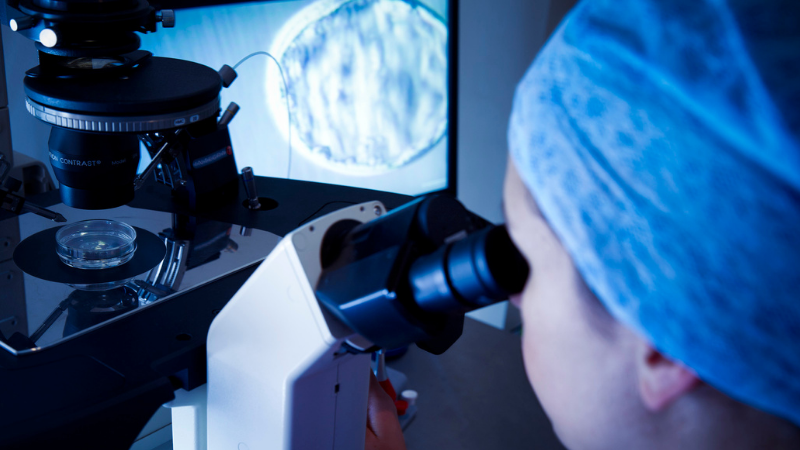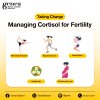What Is a Blastocyst? Why It Matters in IVF and ICSI

During your fertility treatment, you'll hear many new terms that might feel overwhelming at first. One word that often comes up is "blastocyst" and for good reason. This tiny but mighty stage of embryo development plays a crucial role in IVF and ICSI success. Let's break down what blastocysts are and why they're such an important part of the process.
What is a Blastocyst?
A blastocyst is an embryo that has developed for about five to six days after fertilization. During this time, the embryo grows from just a few cells into a complex structure made up of hundreds of cells.
At the blastocyst stage, the embryo has formed two important parts:
- The Inner Cell Mass (ICM), which will eventually develop into the baby.
- The Trophectoderm, which will become the placenta and other tissues that support pregnancy.
Unlike earlier embryos (like those on Day 2 or Day 3), blastocysts show early signs of cell specialization, meaning their cells start to take on specific roles. This stage represents a significant step in the natural development of an embryo, and its an important milestone observed in fertility treatments.
The Role of Blastocyst in Embryo Development
In the first few days after fertilization, embryos grow slowly and are still forming their basic parts. By Day 5 or 6, an embryo that develops into a blastocyst has shown that its growing well and developing as it should. Reaching this stage is an important sign of good embryo health and quality.
In the lab, embryologists carefully watch the embryos to see which ones make it to the blastocyst stage. Not every embryo gets this far, so when one does, it's often a sign that it has a better chance of attaching to the uterus and leading to a pregnancy.
Why Do IVF and ICSI Clinics Prefer Blastocyst Transfer?
Many leading fertility clinics, including Genea, often prefer to transfer embryos at the blastocyst stage for several reasons:
- Higher Chances of Implantation: Blastocysts have already proven they can grow to an advanced stage, which means theyre more likely to successfully attach to the uterus and start a pregnancy.
- Better Embryo Selection: Growing embryos to Day 5 or 6 gives doctors a better chance to see which ones are developing normally, helping them pick the healthiest embryos for transfer.
- Lower Risk of Multiple Pregnancies: Transferring just one strong blastocyst, instead of several earlier-stage embryos, helps reduce the chances of twins or triplets, which can carry extra health risks for both mother and babies.
Benefits of Blastocyst Transfer

Choosing blastocyst transfer has some clear advantages:
Higher Pregnancy Rates - Research shows that transferring blastocyst-stage embryos often leads to better success rates than transferring embryos at earlier stages, like Day 2 or Day 3.
Single Embryo Transfer (SET) - Because blastocysts are generally stronger, doctors can often transfer just one embryo. This helps lower the chance of having twins or more, keeping the pregnancy safer.
Genetic Testing Compatibility - Blastocysts are ideal for Preimplantation Genetic Testing (PGT), a process that checks embryos for genetic problems before transfer. This increases the chances of having a healthy pregnancy.
Is Blastocyst Transfer Right for Everyone?
Even though blastocyst transfer has many benefits, its not always the best choice for everyone.
For example:
- Women who produce only a few eggs during IVF might not have enough embryos to wait until they grow into blastocysts.
- Some personal or medical factors might make it better to transfer embryos earlier.
The best path forward always starts with understanding your individual circumstances. During your consultation, your doctor will review your medical history, egg response, and other factors to recommend the approach that gives you the best chance of success. Whether that's blastocyst transfer or an earlier transfer, the goal is always the samefinding the right strategy for your unique situation.


